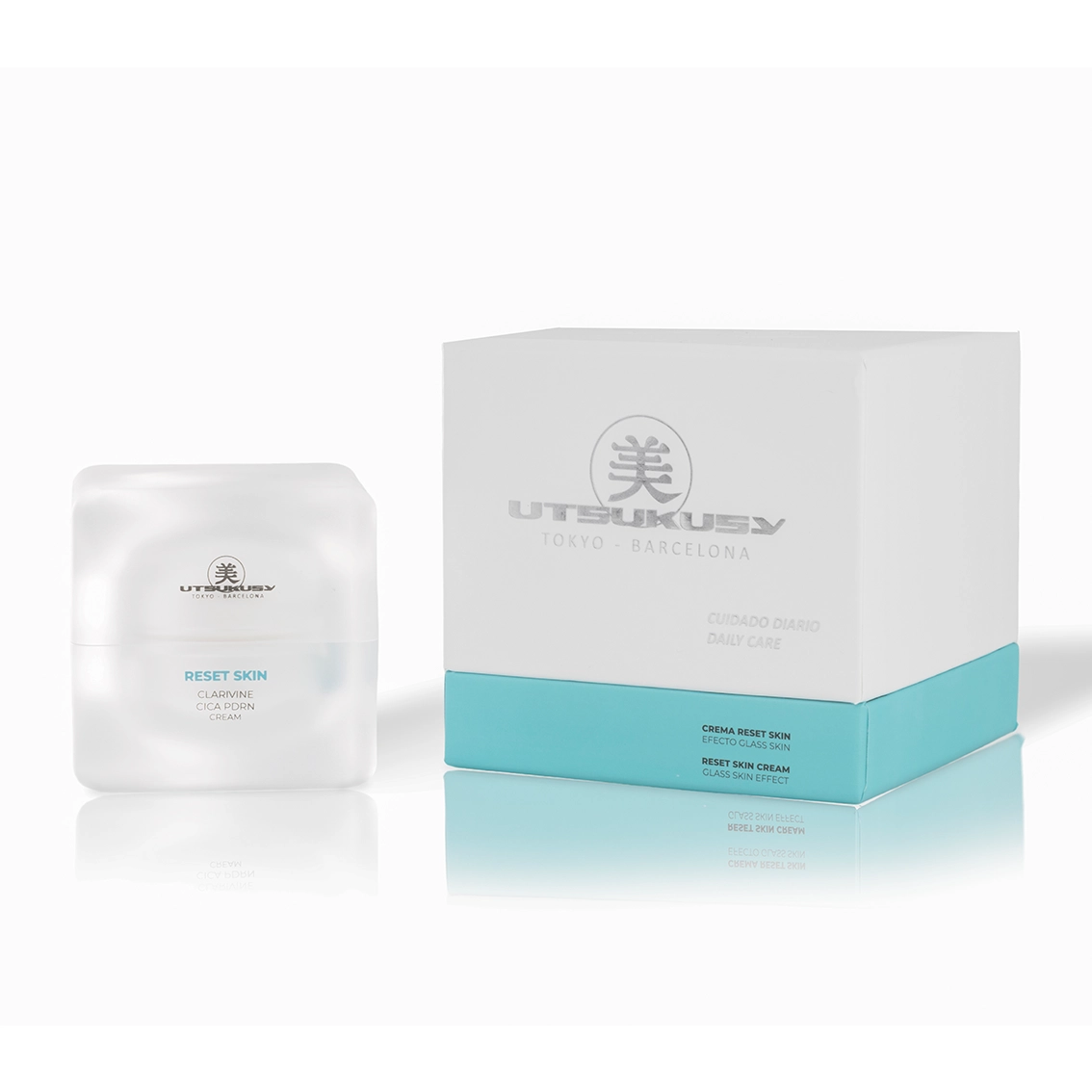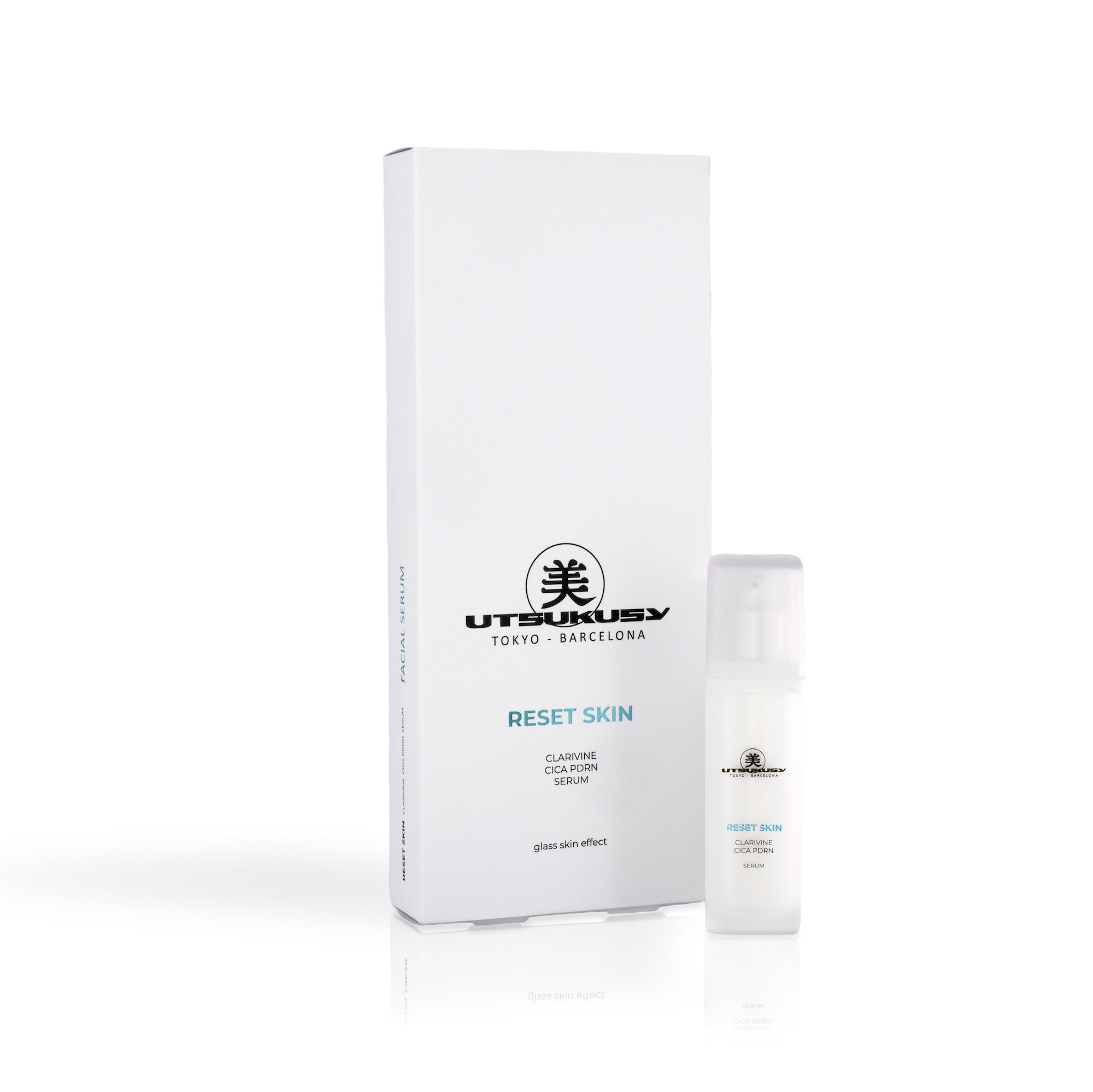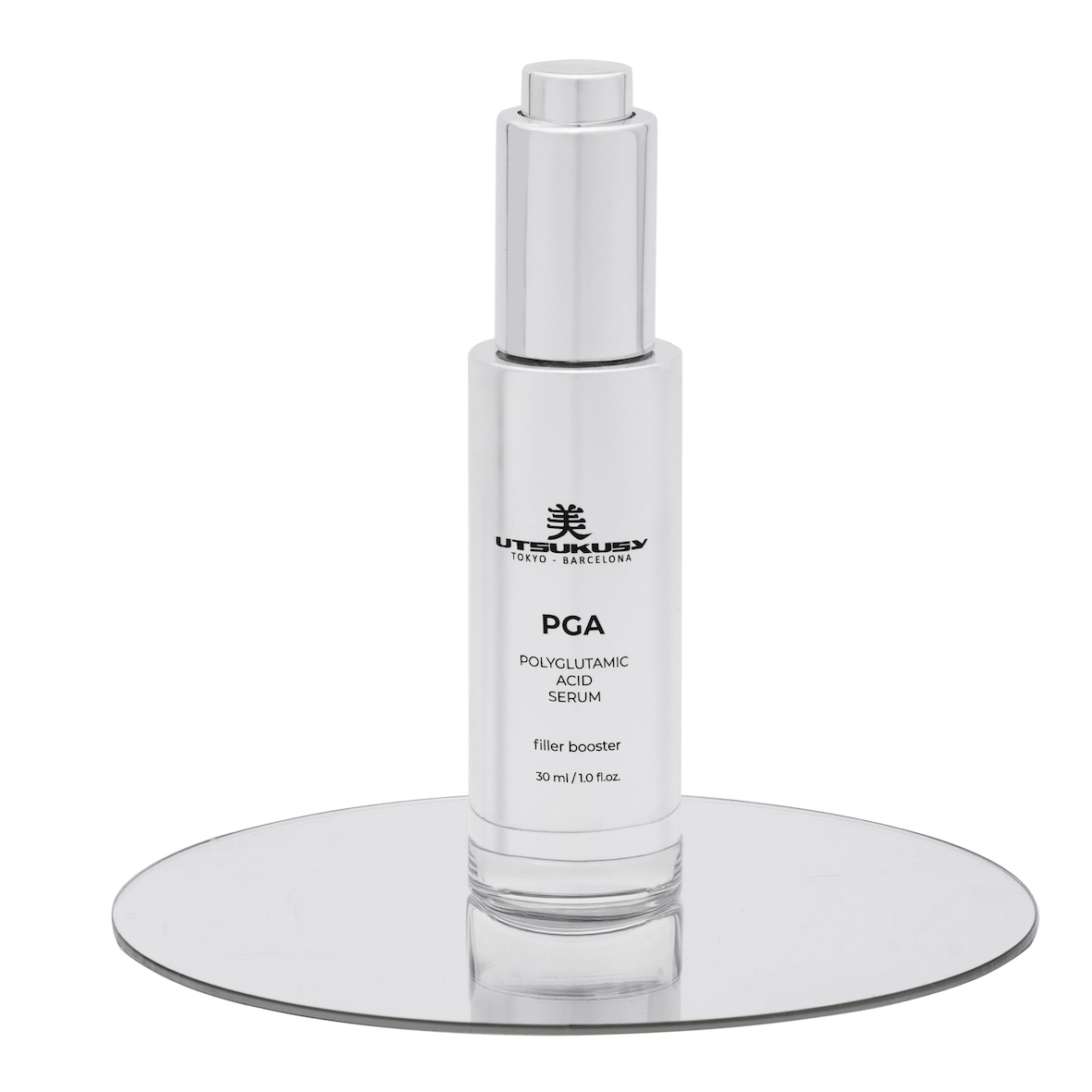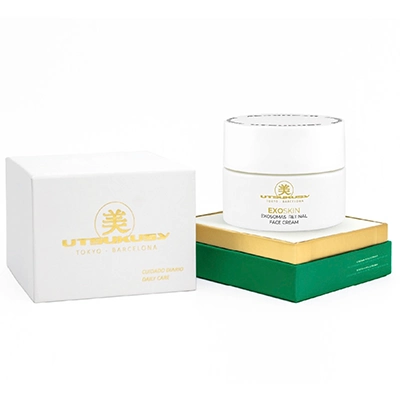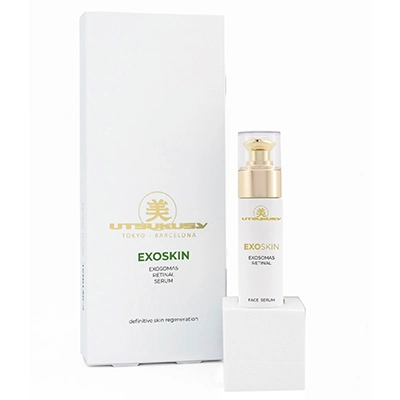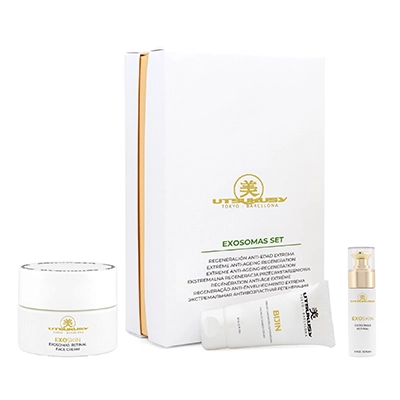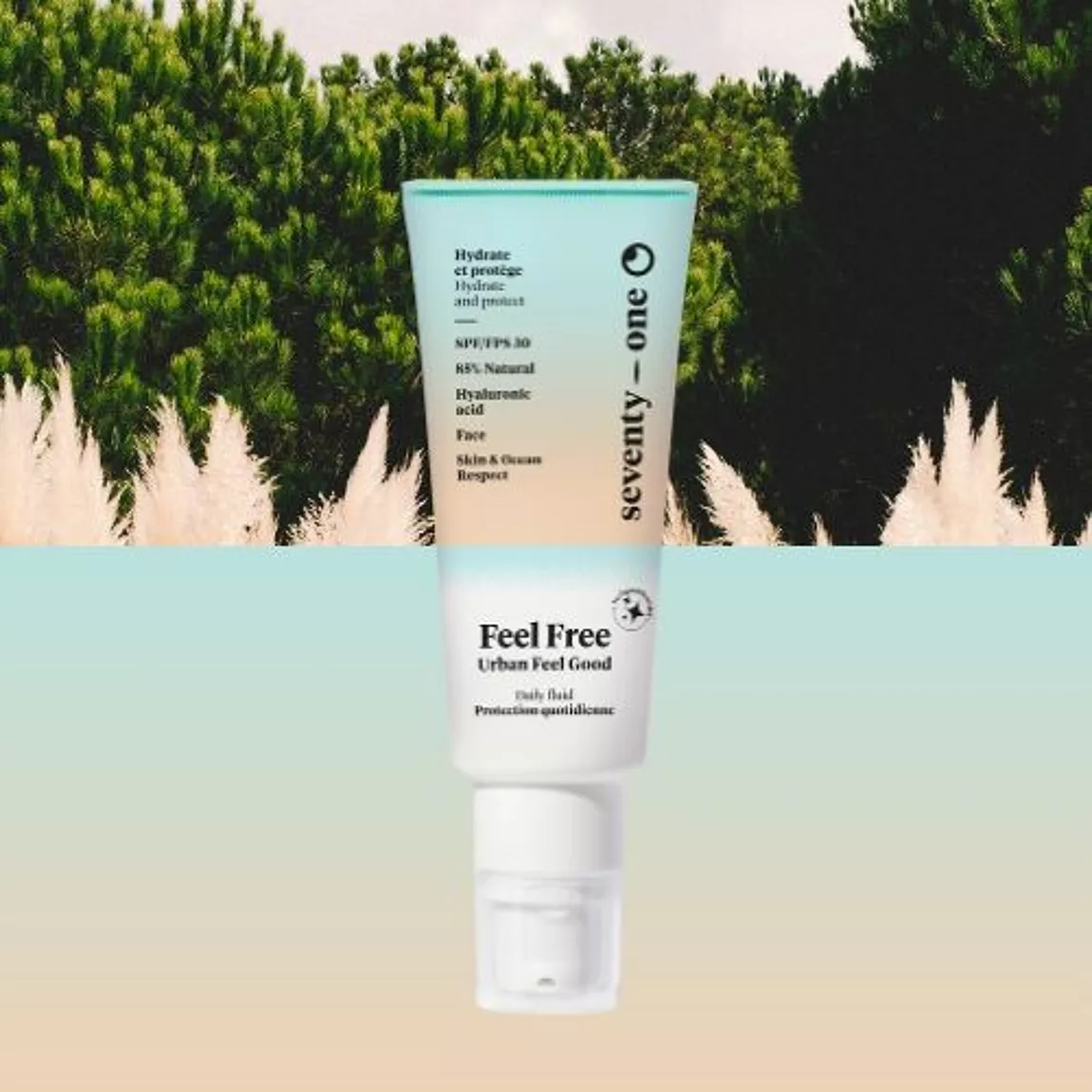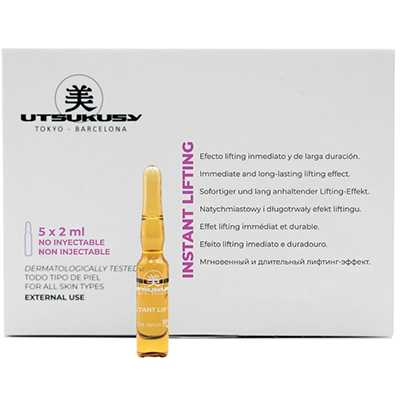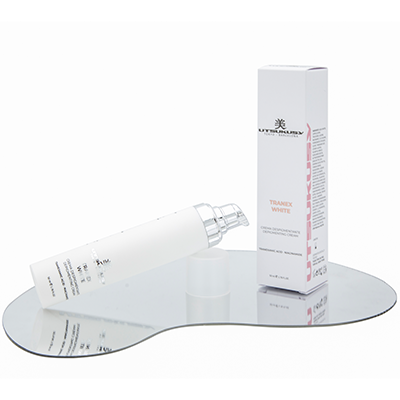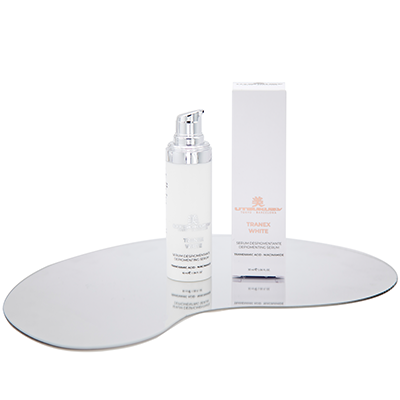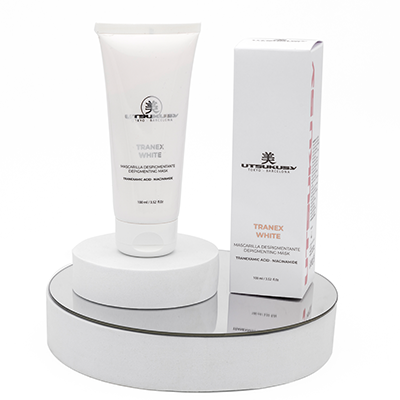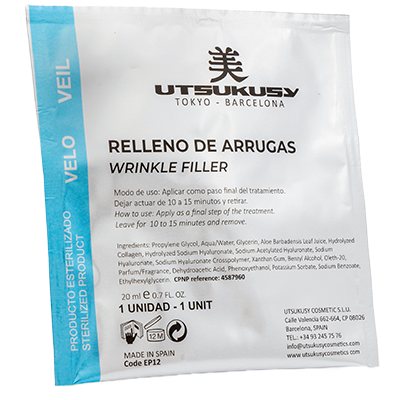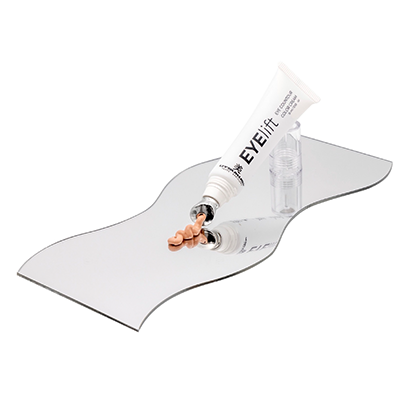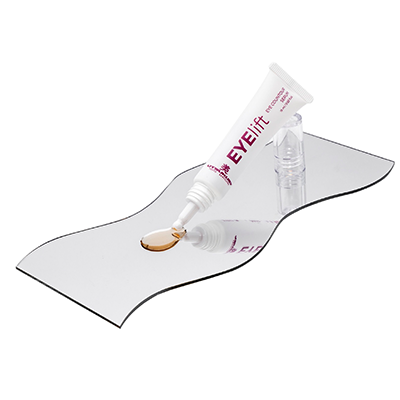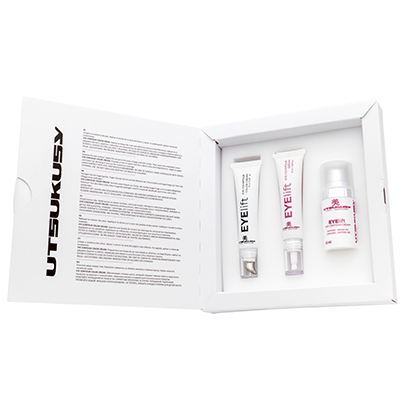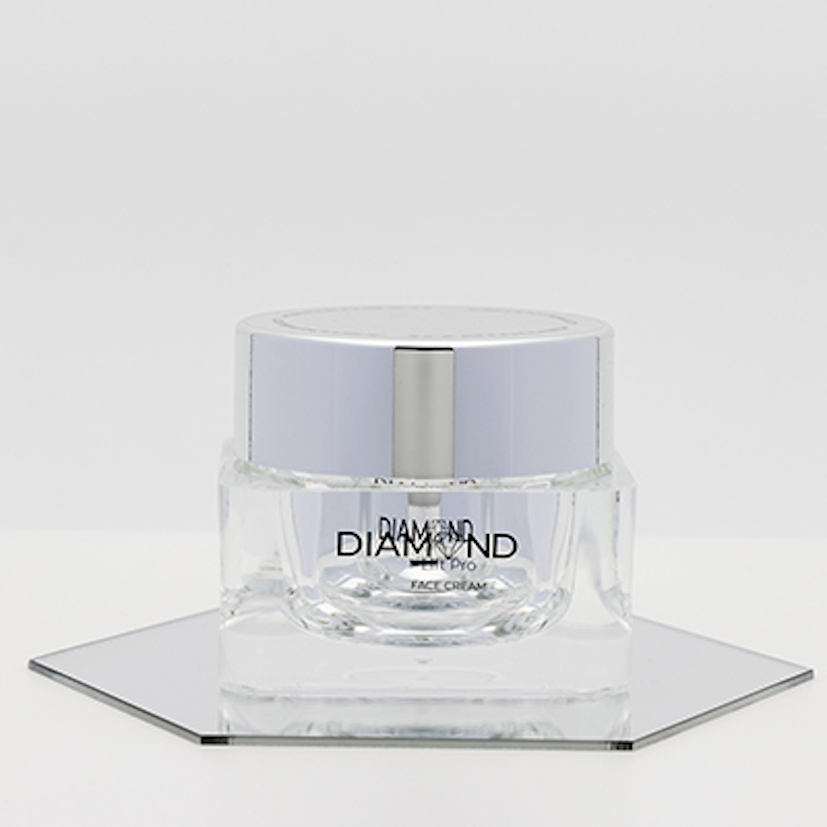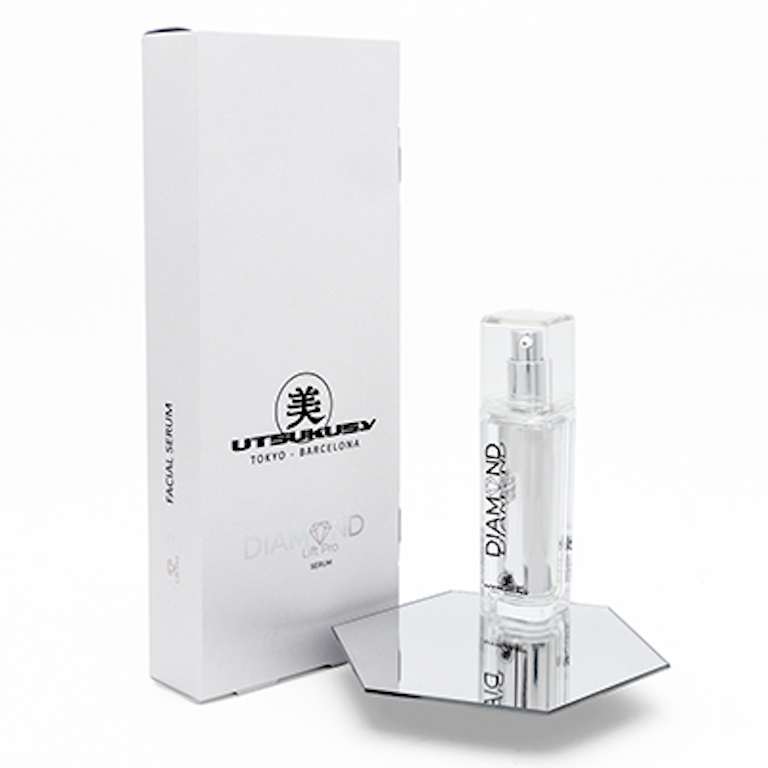Dry skin
Content: 50 ml (€193.80* / 100 ml)
Content: 35 ml (€271.14* / 100 ml)
Content: 50 ml (€219.80* / 100 ml)
Content: 30 ml (€333.00* / 100 ml)
Content: 30 ml (€333.00* / 100 ml)
Content: 50 ml (€199.80* / 100 ml)
Content: 30 ml (€286.33* / 100 ml)
Content: 3 Stück (€53.30* / 1 Stück)
Content: 40 ml (€74.75* / 100 ml)
Content: 10 ml (€369.00* / 100 ml)
Content: 50 ml (€129.80* / 100 ml)
Content: 30 ml (€223.00* / 100 ml)
Content: 15 ml (€246.00* / 100 ml)
Content: 15 ml (€246.00* / 100 ml)
Content: 3 Stück (€33.30* / 1 Stück)
Content: 50 ml (€239.80* / 100 ml)
Care and treatment of dry skin - symptoms, causes and tips
Table of contents
- Causes and basic information on dry skin
- Dry skin - lipid and moisture deficiency
- Symptoms of dry skin
- Various causes of dry skin
- Disease-related causes of dry skin
- Genetic and hormonal causes of dry skin
- Prevention of dry skin
- Daily skincare routine to support dry skin
- Dry skin in winter - special care
- Moisturising skin care
- Nutrition and hydration
- When to see a dermatologist?
- Conclusion
Causes and basic information about dry skin
Dry skin, also known as xerosis, affects many people around the world. It is a treatable skin disorder characterised by a lack of moisture in the outermost layer of the skin, the epidermis. With the right knowledge and proper skin care, the symptoms of dry skin can be reduced and avoided.
Dry skin - lipid and moisture deficiency
As the body's largest organ, our skin fulfils an important protective function. It forms a sensitive barrier of lipids and moisture, which on the one hand protects against external influences and germs and on the other favours the loss of the body's own substances such as sweat. If the moisture content in the skin falls below 10%, it is referred to as dry skin. Dry skin occurs when there is not enough moisture in the outer layer of the skin, the epidermis. One of the main causes of dry skin is impaired differentiation of the skin cells. This means that the normal maturation process of the horny cells in the epidermis from the lowest layer to the uppermost layer, the horny layer, is disrupted. The six layers of the epidermis undergo a disturbed maturation process, which leads to a weakening of the skin barrier and increased water loss.
Symptoms of dry skin
Dry skin manifests itself through various symptoms. These include a tight, dry and sometimes itchy skin sensation, redness, scaling and fine cracks. These symptoms should be taken seriously as they are signs of a damaged skin barrier and a disturbed moisture balance. The care and treatment of dry skin is important to avoid further complications.
Various causes of dry skin
There are many causes of dry skin. In addition to external influences such as cold weather, low humidity and frequent contact with water, internal factors can also play a role. These include genetic predispositions, hormonal changes, certain illnesses, eating habits and the skin's natural ageing process.
Disease-related causes of dry skin
Certain diseases can also cause or favour dry skin. Examples include dermatitis, psoriasis, diabetes and thyroid disorders. It is important to treat these underlying conditions to alleviate the symptoms of dry skin.
Genetic and hormonal causes of dry skin
In some people, dry skin can be due to genetic predispositions or hormonal changes. Certain skin conditions such as ichthyosis and eczema can be due to genetic factors. Hormonal changes during pregnancy, menopause or puberty can also lead to dry skin.
Prevention of dry skin
There are measures that can help prevent dry skin. These include avoiding harsh cleansers and hot water, using mild, moisturising skin care products, wearing appropriate clothing to protect the skin from cold and wind, and maintaining a balanced diet and adequate hydration.
Daily skincare routine to support dry skin
A regular skincare routine is crucial for dry skin care. This includes gently cleansing the skin, applying moisturising and soothing creams or lotions and protecting the skin from harmful UV rays by using sun protection products.
Dry skin in winter - special care
In winter, the skin is particularly susceptible to dryness due to the cold air and dry heating air. It is advisable to take extra measures such as wearing warm clothing, avoiding excessive heat indoors and using rich skin care products to adequately protect and moisturise the skin. By understanding the causes, symptoms and care of dry skin, proper treatment and prevention can be done to keep the skin healthy, supple and hydrated. It is advisable to consult a dermatologist for personalised treatment recommendations if symptoms persist or are severe.
Moisturising skin care
Choosing the right skincare products is crucial to care for dry skin. Moisturising creams, lotions or ointments with ingredients such as hyaluronic acid, glycerin and ceramides can help to hydrate the skin and strengthen the skin barrier. Regularly applying moisturising creams after bathing or washing your hands is particularly important.
Nutrition and hydration
A balanced diet with sufficient fluid intake also plays a role in the care of dry skin. Consuming omega-3 fatty acids, vitamins and minerals can improve skin health. It is also important to drink enough water to keep the body and skin hydrated.
When to see a dermatologist?
For persistent or severe symptoms of dry skin that do not improve with self-care measures, it is advisable to see a dermatologist. A dermatologist can make an accurate diagnosis, give personalised treatment recommendations and rule out possible underlying conditions.
Conclusion
Dry skin can be a distressing problem, but it can be improved with the right care and treatment. It is important to understand the causes and symptoms of dry skin in order to take appropriate action. Regular moisturising, a healthy diet and visiting a dermatologist when necessary are important steps to maintain skin health.





